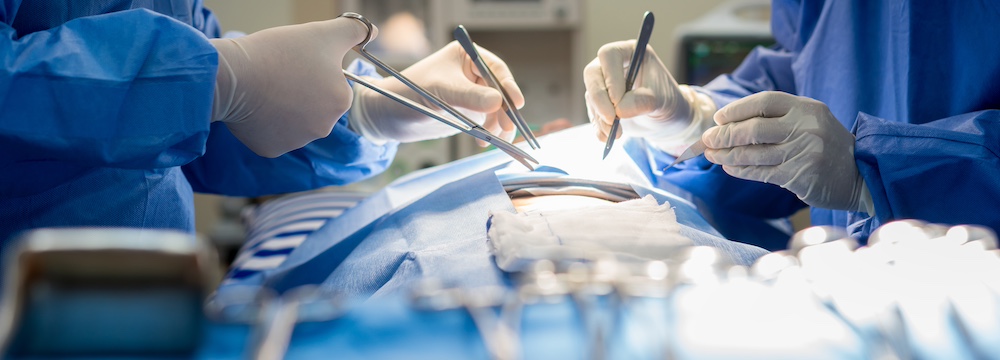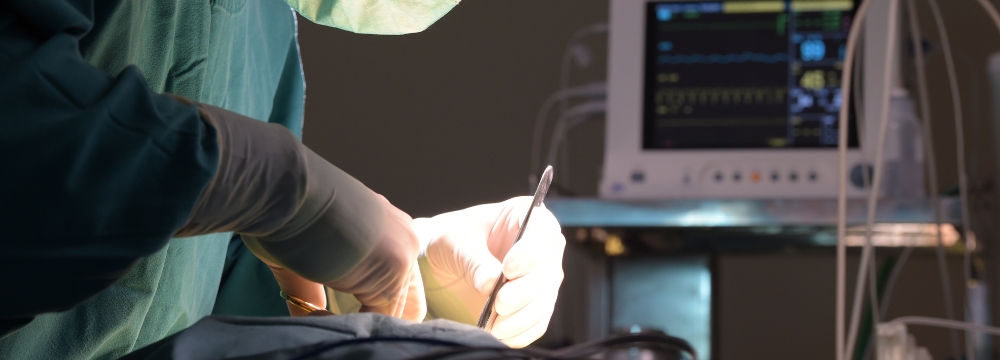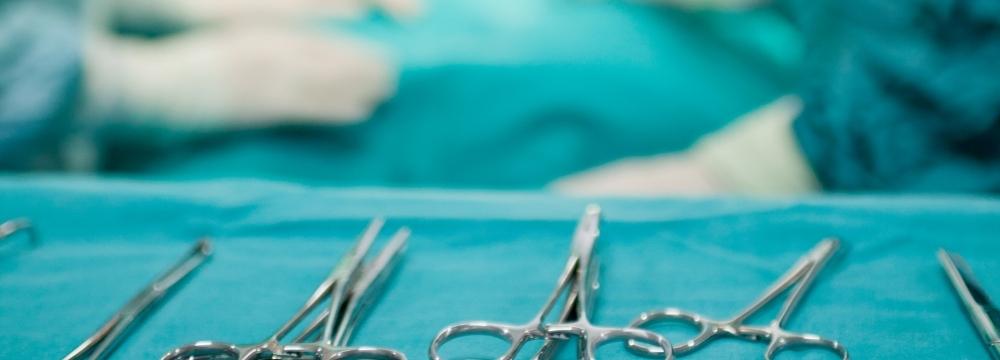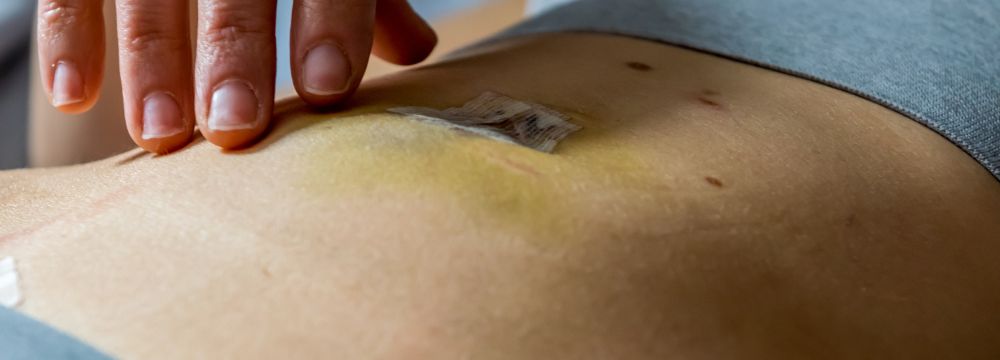Hernia
Well over 90% of all hernias are repaired with mesh. This is because mesh offers a level of strength that dramatically reduces the incidence of recurrence. Mesh repairs have been performed for decades and have proven highly effective and well-tolerated. Indeed, newer, lighter, and more customized meshes have made this stellar record even better of late.
However, there are rare risks associated with mesh implantation:
- The patient may have a significant foreign body reaction that can lead to infection, which ultimately may cause the primary hernia repair to fail
- Over time, the mesh may migrate from its original position or curl, causing pain in the surrounding area
- The mesh may erode into a nearby organ, causing significant discomfort or pain and requiring reoperation
- Finally, if the mesh is placed improperly, it can entrap nerves and cause significant chronic pain and possibly a recurrence.
Risk factors include:
- Smoking, which makes abdominal tissue weaker
- Having a hernia repaired over a decade ago when mesh technology was not as advanced
- Not following post-operative instructions
In some cases, mesh removal may be indicated when conservative treatment options have been exhausted. However, removing the mesh is a complex and intricate procedure with additional risks.
Mesh removal will usually require the rebuilding of the abdominal wall. A plastic surgeon will typically work with one of our general surgeons to ensure the best outcomes. When employing experienced surgical providers, surgery to rebuild the abdominal wall is generally very successful and further strengthens the hernia repair against recurrence. Of course, this procedure has some inherent risks, which will be explained during consultation.
Patients experiencing discomfort because of a past hernia repair with mesh should know that there are several treatment options available that are more conservative than mesh removal. These options can be discussed with a general surgeon, such as those at MIIS, who have experience with complications after hernia repair.
Most importantly, we encourage you to visit one of our providers to see your options for correcting the previous repair.











